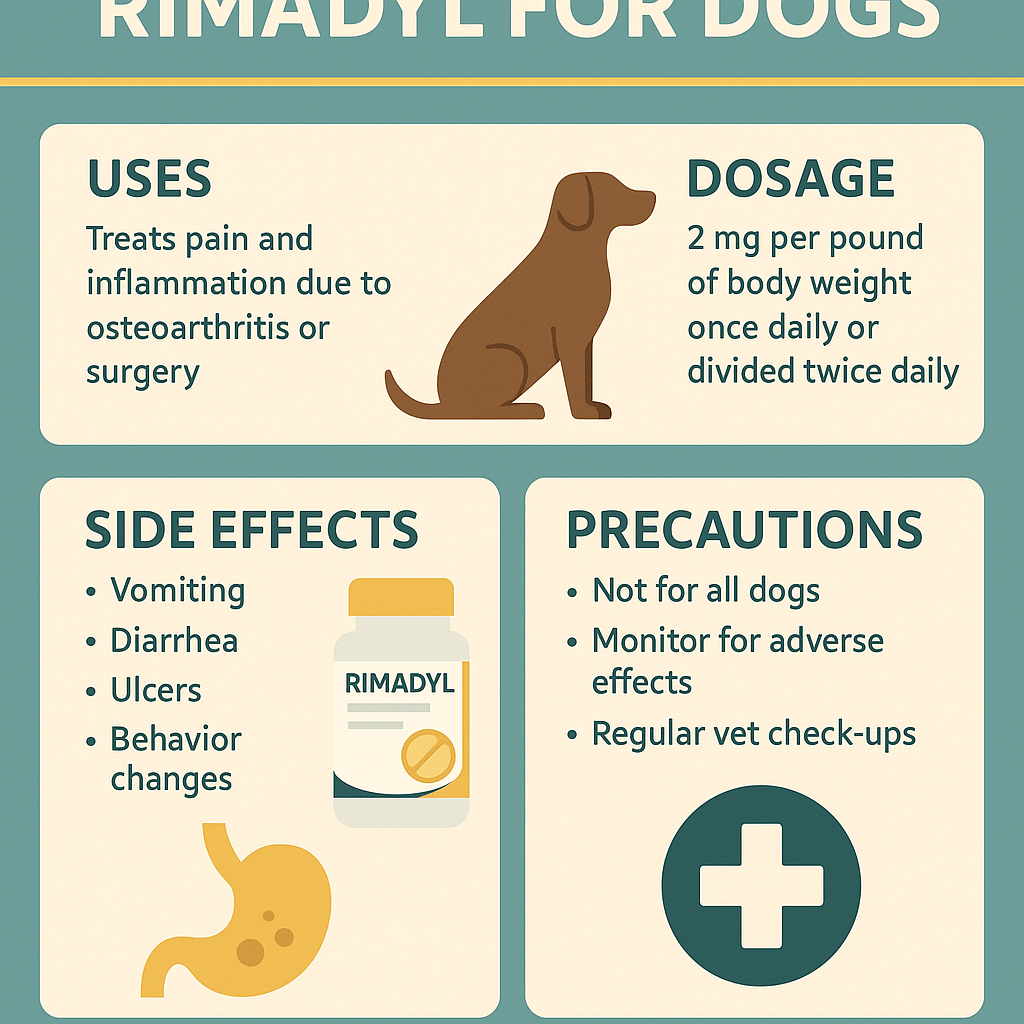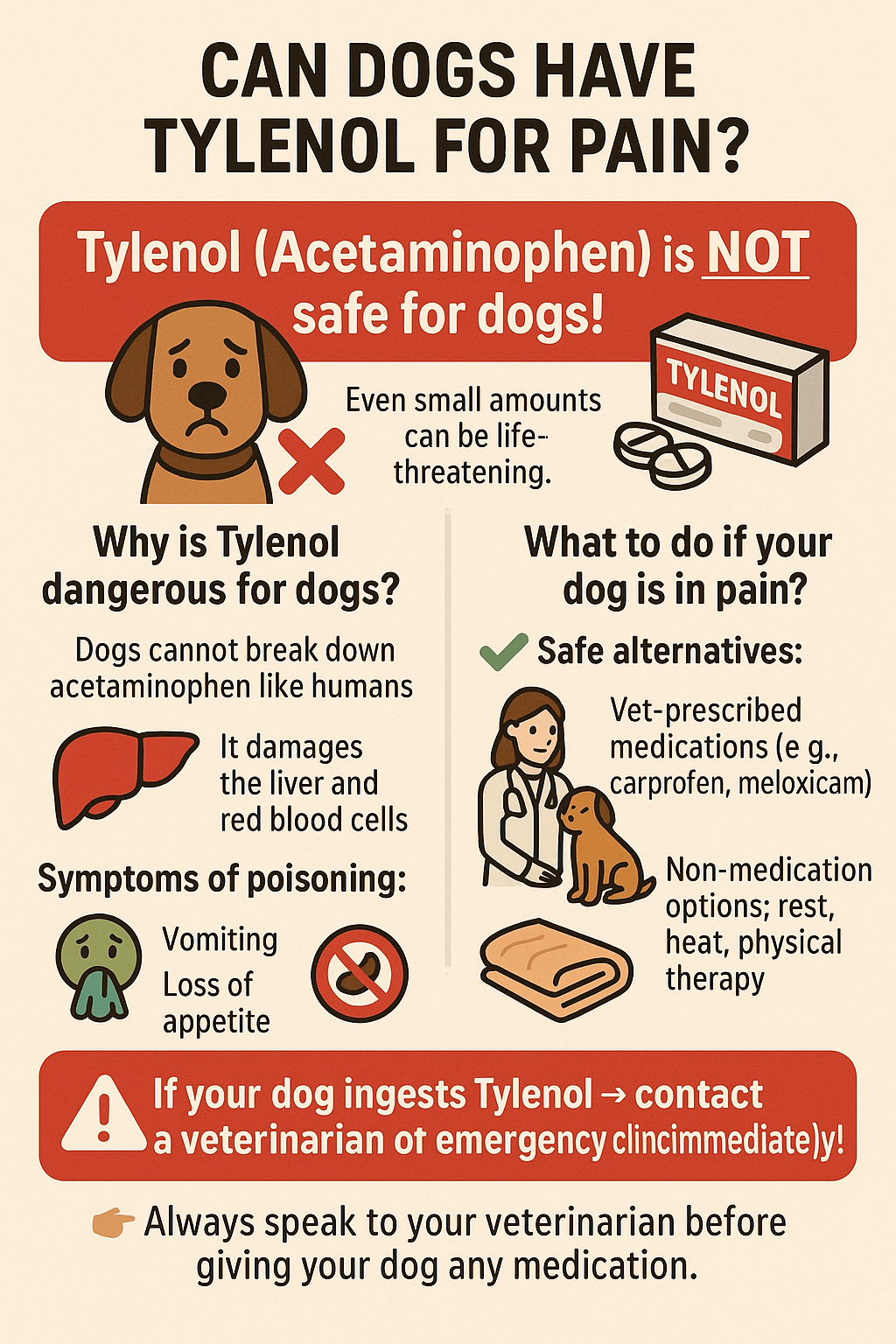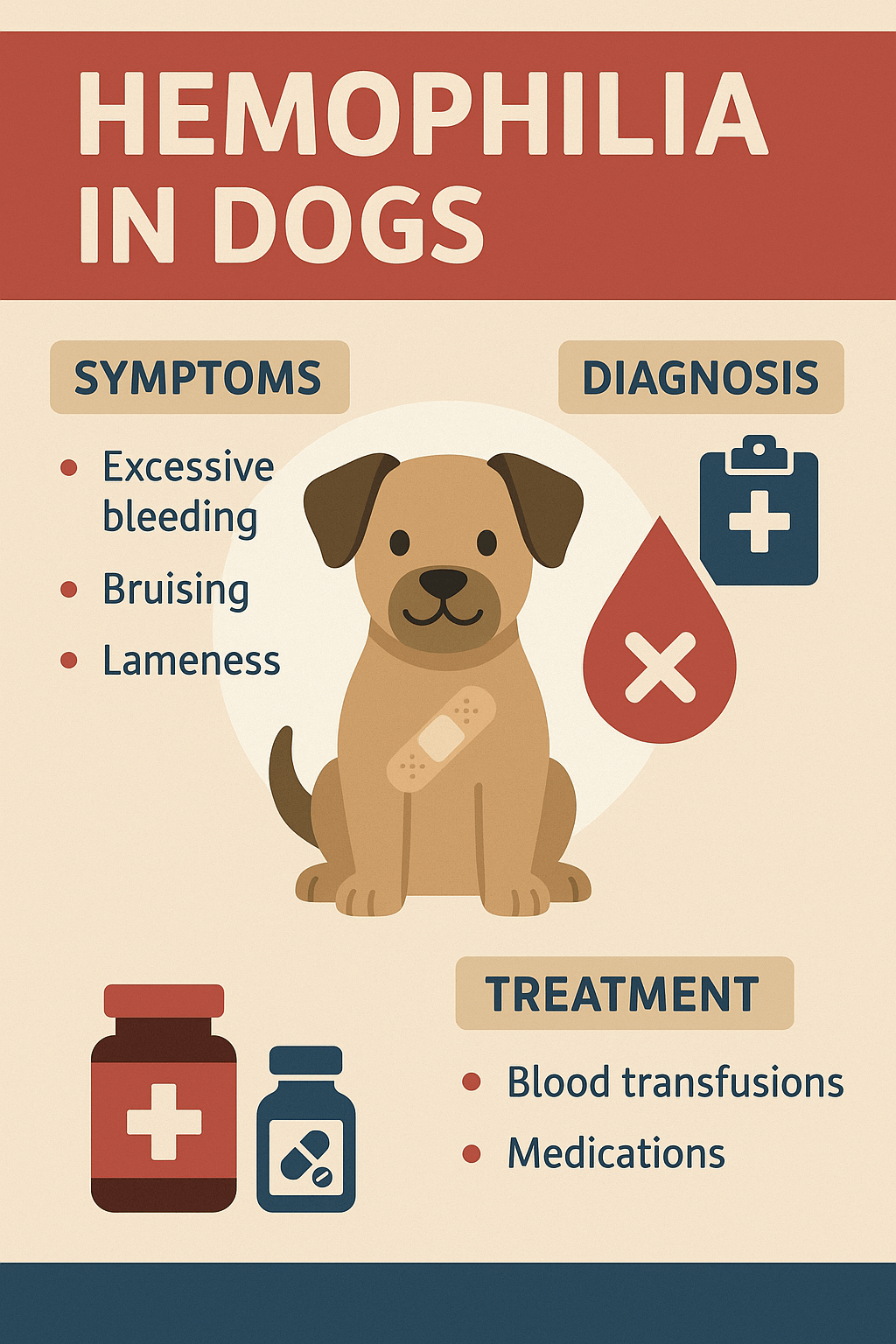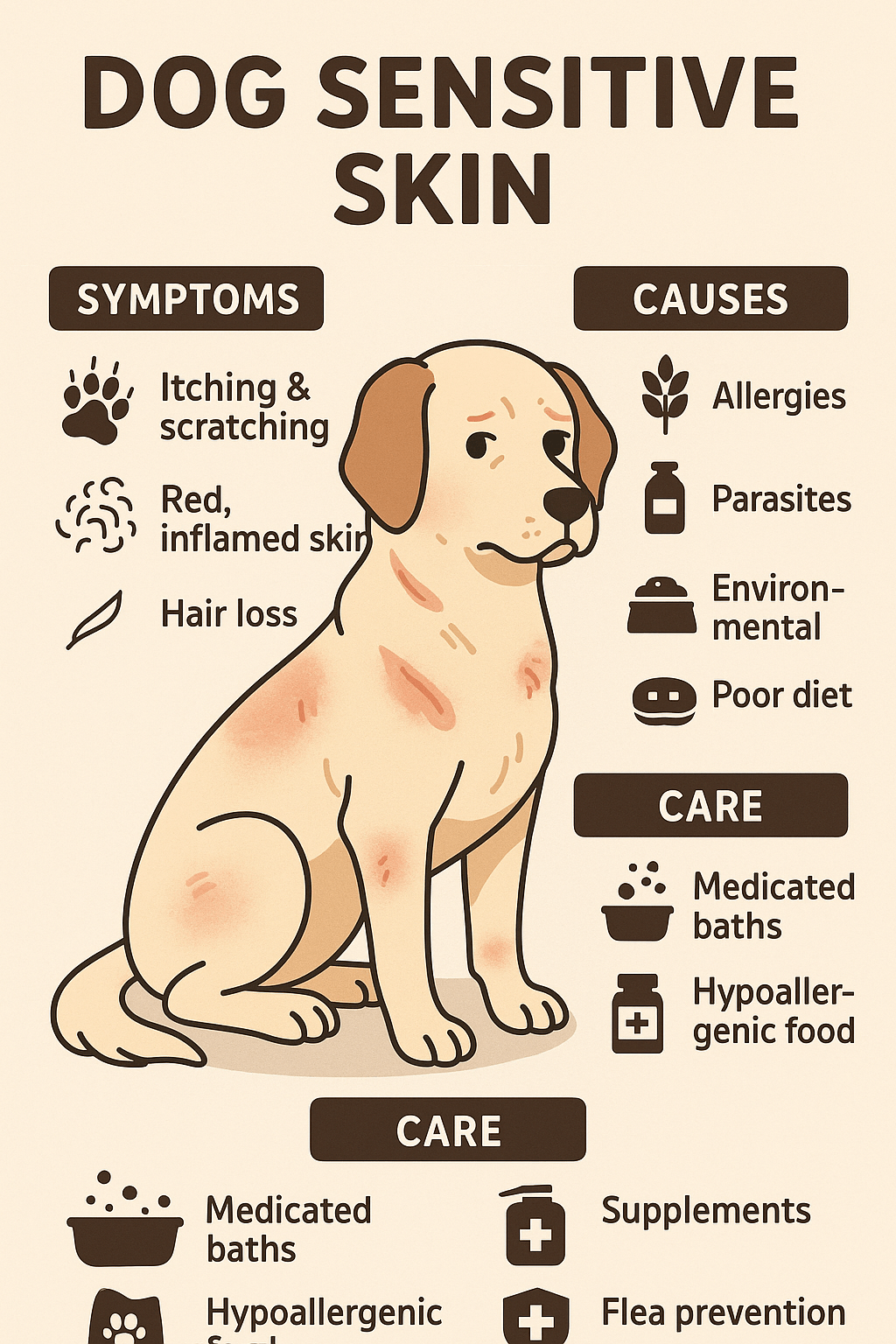Anti-Diarrhea for Dogs: How to Keep Your Furry Friend Comfortable
Diarrhea is one of the most common health issues dog owners face, and while it’s rarely life-threatening, it can be uncomfortable for your pet and stressful for you. Whether caused by dietary indiscretion, stress, or an underlying medical condition, diarrhea can leave your dog feeling unwell and dehydrated.
Fortunately, there are several ways to address this issue, from home remedies to veterinary treatments. In this blog post, we’ll explore everything you need to know about managing diarrhea in dogs, including safe solutions, prevention tips, and when to seek professional help. By understanding the causes and effective treatments, you can ensure your dog stays happy, healthy, and hydrated.
Common Causes of Diarrhea in Dogs
Before treating your dog’s diarrhea, it’s important to understand what might have triggered it. Identifying the root cause can help you choose the best course of action.
Dietary Changes:
Sudden shifts in food or introducing new ingredients can upset your dog’s digestive system.Food Intolerances or Allergies:
Some dogs are sensitive to specific proteins, grains, or additives, leading to gastrointestinal distress.Eating Inappropriate Items:
Dogs often eat things they shouldn’t, like garbage, grass, or foreign objects, which can irritate their stomachs.Parasites and Infections:
Worms, giardia, or bacterial infections can cause persistent diarrhea and require veterinary treatment.Stress or Anxiety:
Changes in routine, travel, or loud noises can lead to stress-related digestive issues.
By pinpointing the cause, you can tailor your approach to alleviate your dog’s discomfort effectively.
Home Remedies for Dog Diarrhea
If your dog’s diarrhea is mild and not accompanied by other alarming symptoms, you can try these safe home remedies to soothe their stomach.
Fasting for 12-24 Hours:
Giving your dog’s digestive system a break can help reset their gut. Ensure they stay hydrated during this time.Plain Boiled Chicken and Rice:
This bland diet is easy to digest and provides essential nutrients without irritating the stomach.Pumpkin Puree:
Canned pumpkin (not pumpkin pie filling) is rich in fiber and can help regulate bowel movements.Probiotics for Dogs:
Probiotics restore healthy gut bacteria, aiding digestion and reducing the duration of diarrhea.Hydration Support:
Offer water frequently or use electrolyte solutions designed for pets to prevent dehydration.
These remedies are gentle yet effective for mild cases, but always monitor your dog closely for improvement.
Check this guide 👉Rice for Dog Diarrhea: Best 7 Expert Tips!
Check this guide 👉Dog Diarrhea After Food Change: Best 7 Expert Tips!
Check this guide 👉When Is Dog Diarrhea an Emergency? Best 7 Expert Tips!
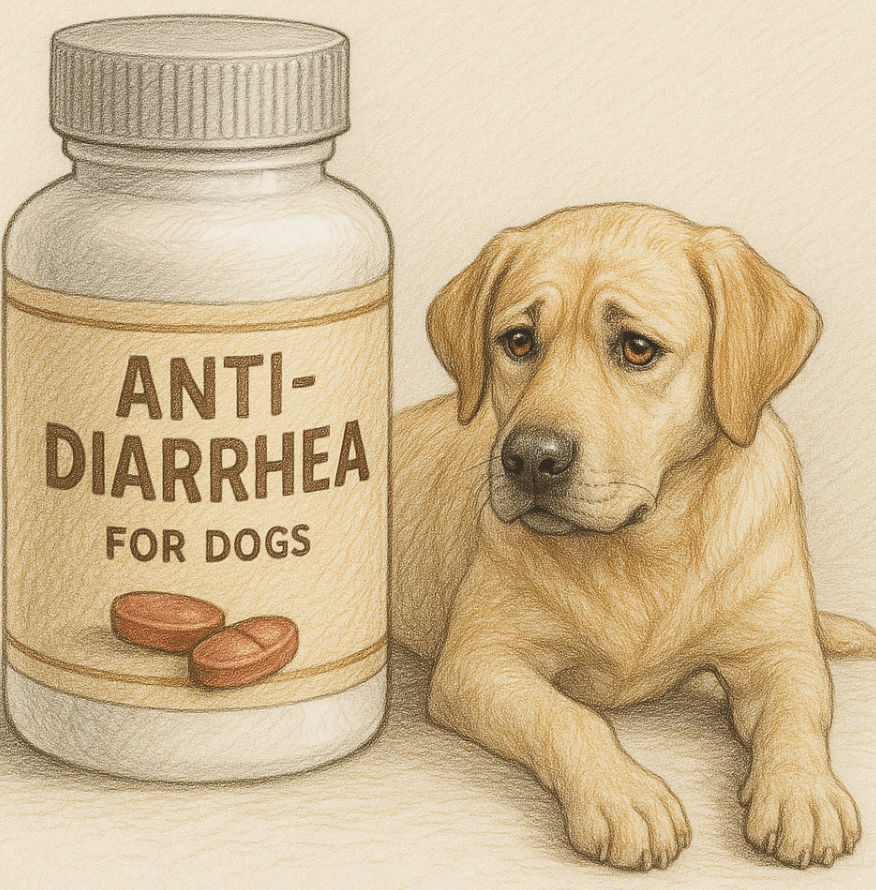
Safe Foods for Dog Diarrhea | Foods to Avoid During Diarrhea |
|---|---|
Plain boiled chicken | Fatty meats or table scraps |
White rice | Dairy products |
Canned pumpkin | Processed human foods |
Plain yogurt with live cultures | Sugary treats or snacks |
Bone broth (unsalted and unseasoned) | Rawhide chews or indigestible items |
When to See a Veterinarian
While many cases of diarrhea resolve on their own, some situations require immediate veterinary attention. Knowing when to seek help can save your dog from complications.
Blood or Mucus in Stool:
The presence of blood or mucus indicates a more serious issue that needs professional evaluation.Persistent Diarrhea Lasting More Than 48 Hours:
If diarrhea doesn’t improve within two days, it’s time to consult your vet.Signs of Dehydration:
Symptoms include dry gums, lethargy, sunken eyes, or loss of skin elasticity.Accompanying Vomiting or Lethargy:
These symptoms suggest a systemic problem that requires urgent care.Pre-Existing Health Conditions:
Dogs with chronic illnesses, such as diabetes or kidney disease, should see a vet at the first sign of diarrhea.
Prompt veterinary care ensures your dog receives proper diagnosis and treatment, preventing further complications.
Preventing Diarrhea in Dogs
Prevention is always better than cure. By taking proactive steps, you can reduce the likelihood of your dog experiencing diarrhea.
Stick to a Consistent Diet:
Avoid frequent changes in food brands or types to maintain digestive stability.Supervise Outdoor Activities:
Keep an eye on your dog to prevent them from eating harmful substances like plants or trash.Provide Regular Parasite Prevention:
Use flea, tick, and worm preventatives to protect your dog from parasites that cause diarrhea.Introduce New Foods Gradually:
Mix small amounts of new food with their regular diet over several days to avoid digestive upset.Minimize Stressful Situations:
Create a calm environment and establish routines to reduce anxiety-related digestive issues.
By implementing these preventive measures, you can keep your dog’s digestive system healthy and resilient.
Signs Your Dog Is Feeling Better
After treating your dog’s diarrhea, it’s important to recognize signs of improvement. These indicators show that your efforts are working and your dog is on the mend.
Normal Bowel Movements:
Stools become firmer and return to their usual consistency and frequency.Increased Energy Levels:
Your dog shows renewed enthusiasm for playtime and daily activities.Improved Appetite:
A healthy appetite signals that your dog’s digestive system is stabilizing.Hydration Recovery:
Gums appear moist, and skin elasticity improves, indicating proper hydration.Reduced Discomfort:
Your dog no longer exhibits signs of abdominal pain or restlessness.
Noticing these improvements reassures you that your dog is recovering well.
The Role of Hydration in Managing Diarrhea
Dehydration is one of the biggest risks associated with diarrhea, making hydration a top priority during treatment. Here’s how to ensure your dog stays properly hydrated.
Offer Fresh Water Frequently:
Place multiple water bowls around the house to encourage regular drinking.Use Ice Cubes for Fun Hydration:
Some dogs enjoy licking ice cubes, which can help increase fluid intake.Monitor Urination Patterns:
Decreased urination or dark-colored urine may indicate dehydration.Administer Oral Rehydration Solutions:
Pet-safe electrolyte solutions replenish lost fluids and minerals.Watch for Warning Signs:
Dry gums, sunken eyes, or lethargy signal severe dehydration requiring immediate care.
Prioritizing hydration supports your dog’s recovery and overall well-being.
Natural Supplements to Support Digestive Health
In addition to dietary adjustments, certain natural supplements can promote long-term digestive health in dogs. These options are safe and beneficial when used correctly.
Probiotic Powders or Chews:
These supplements introduce beneficial bacteria to your dog’s gut, improving digestion and immunity.Slippery Elm Bark:
Known for its soothing properties, slippery elm can coat the stomach lining and reduce irritation.Digestive Enzymes:
These enzymes aid in breaking down food, ensuring optimal nutrient absorption.Ginger Root Extract:
Ginger has anti-inflammatory properties that can calm an upset stomach.Omega-3 Fatty Acids:
Found in fish oil, omega-3s support gut health and reduce inflammation.
Incorporating these supplements into your dog’s routine can enhance their digestive resilience and overall vitality.
Frequently Asked Questions About Anti-Diarrhea for Dogs
How long does dog diarrhea usually last?
Mild cases typically resolve within 24-48 hours, but persistent diarrhea lasting longer requires veterinary attention.
Can I give my dog Imodium for diarrhea?
While Imodium may help in some cases, it’s not safe for all dogs. Always consult your vet before administering medication.
Is pumpkin good for dogs with diarrhea?
Yes, plain canned pumpkin can help regulate digestion due to its high fiber content.
What should I do if my dog is dehydrated?
Encourage water intake and consider using electrolyte solutions. If dehydration persists, contact your vet immediately.
Can stress cause diarrhea in dogs?
Yes, stress and anxiety can disrupt a dog’s digestive system, leading to temporary diarrhea.
Ensuring Your Dog’s Digestive Health
Diarrhea is an unpleasant experience for both dogs and their owners, but with the right knowledge and tools, you can manage it effectively. From identifying causes and trying safe home remedies to knowing when to seek veterinary care, being prepared makes all the difference. By focusing on prevention and maintaining a balanced diet, you can minimize the risk of future episodes. Remember, your dog relies on you to keep them healthy and comfortable—so stay vigilant, act promptly, and shower them with love and care. Together, you’ll navigate this challenge and ensure your furry friend feels their best again.
Rimadyl for Dogs: Best 7 Expert Tips! Discover expert advice on using Rimadyl safely, managing pain, and improving your dog’s mobility with trusted veterinary insights.
Can Dogs Have Tylenol for Pain? Best 7 Expert Tips! Discover the risks, safe alternatives, and expert advice on managing your dog’s pain effectively while avoiding harmful medications.
Understanding Hemophilia in Dogs: Best 7 Expert Tips! Discover expert advice on managing hemophilia, recognizing symptoms, and ensuring your dog’s well-being with practical care strategies.
Understanding Dog Sensitive Skin: Best 7 Expert Tips! Discover expert advice on managing dog sensitive skin, relieving irritation, and improving your pup’s comfort with practical solutions.

